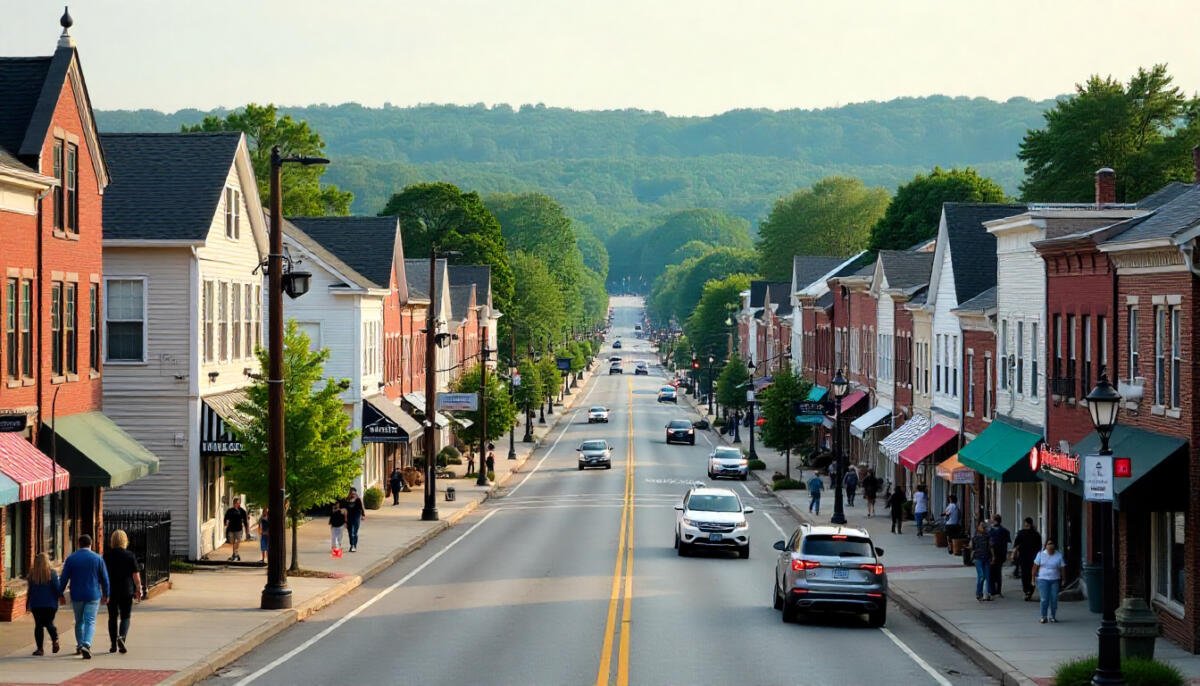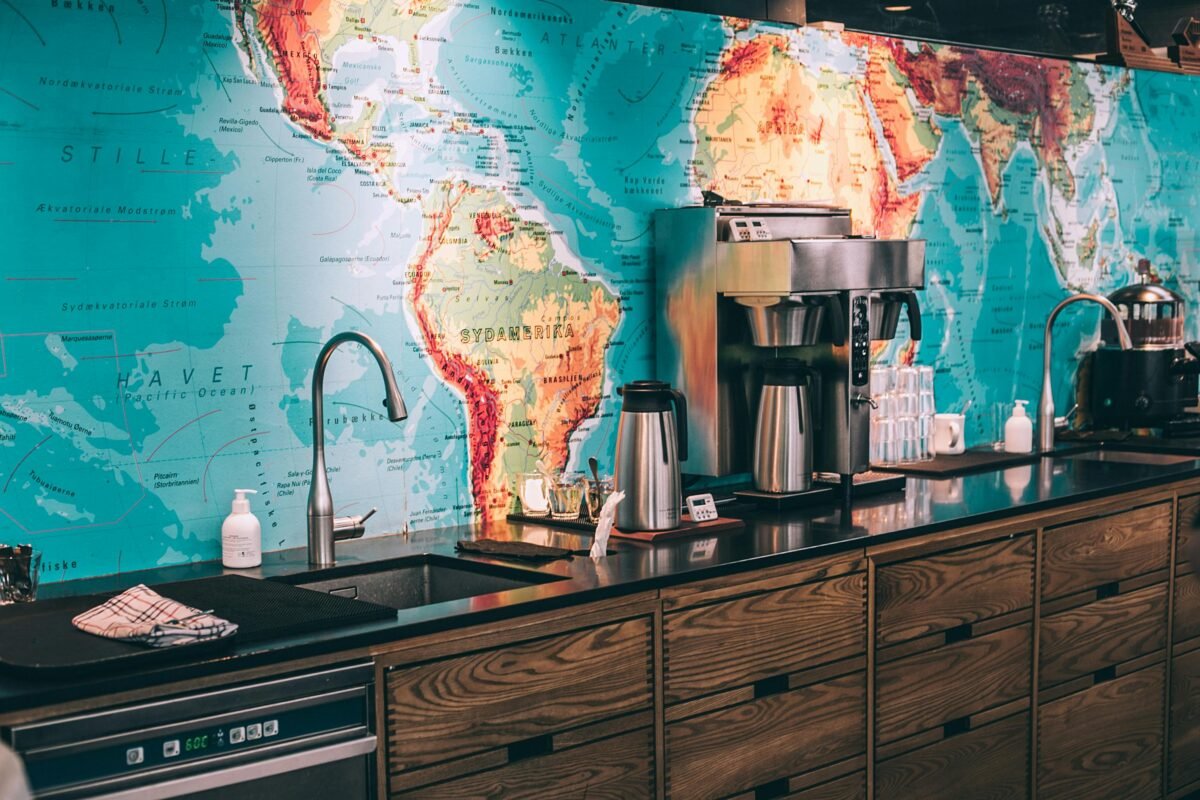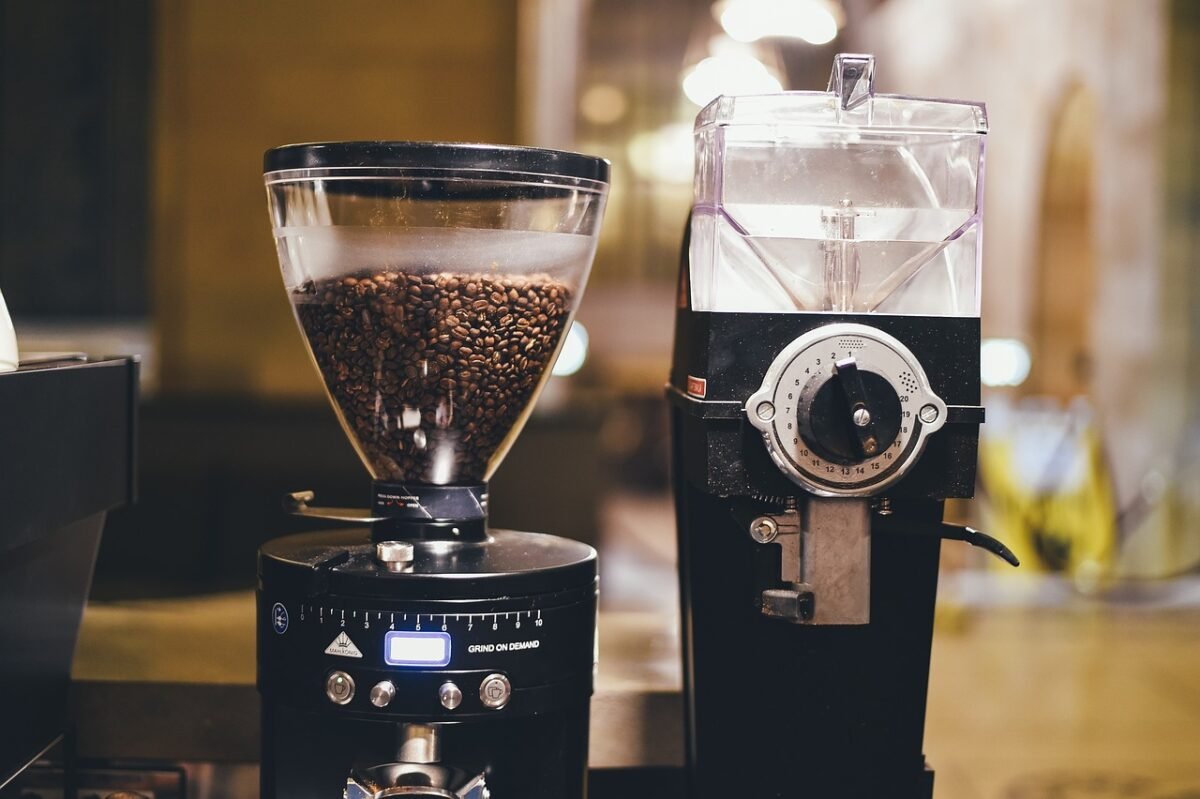If you’re thinking about living, working, or studying in Pennsylvania in 2025, it’s smart to know how much things really cost. The state offers a mix of affordable small towns and more expensive cities like Philadelphia and Pittsburgh. Let’s break down housing, utilities, food, and daily expenses so you know what to expect this year.
What’s the Average Cost of Living in Pennsylvania?

In 2025, Pennsylvania’s overall cost of living is about 2% higher than the national average. The good news is that housing prices remain below the national average, even though utilities and groceries are slightly higher.
On average:
A single person needs around $45,000–$55,000 per year to cover basic expenses.
A family of four would need roughly $95,000–$110,000 per year for a comfortable lifestyle.
- So, while Pennsylvania isn’t the cheapest state, it still offers better value than places like New York or New Jersey.
Housing Costs in Pennsylvania
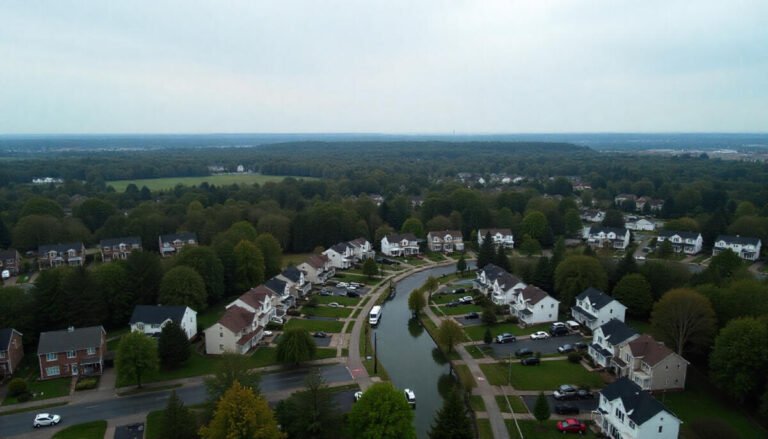
Housing is the biggest expense for most people. Prices depend on the city and neighborhood, but Pennsylvania generally offers more affordable options than many other East Coast states.
Average Home Price (2025): Around $270,000–$280,000
Average Rent: Around $1,600 per month for a one-bedroom apartment
Here’s a quick look at different areas:
| City | Average Rent | Home Price | Notes |
|---|---|---|---|
| Philadelphia | $1,900–$2,200 | $325,000 | Big city jobs but higher costs |
| Pittsburgh | $1,400–$1,700 | $250,000 | Cheaper housing, higher utilities |
| Harrisburg | $1,300–$1,600 | $240,000 | Affordable with growing job market |
| Erie | $1,100–$1,400 | $200,000 | Great for families, lower living costs |
| Allentown | $1,600–$1,900 | $260,000 | Close to NYC, slightly pricier |
If you want to compare prices city-by-city, check this useful calculator: RentCafe Cost of Living in Pennsylvania
Utilities and Household Expenses

Utility costs in Pennsylvania are a bit higher than the national average because of cold winters. Here’s what you can expect monthly:
Electricity, gas, water, trash: Around $350–$450
Internet: Around $70–$100
Mobile plan: $60–$90
Pennsylvania has a deregulated energy market, which means you can compare and choose your power supplier to save money.
You can explore more about energy rates here: ElectricityRates – Pennsylvania Cost of Living Guide
Food and Grocery Prices
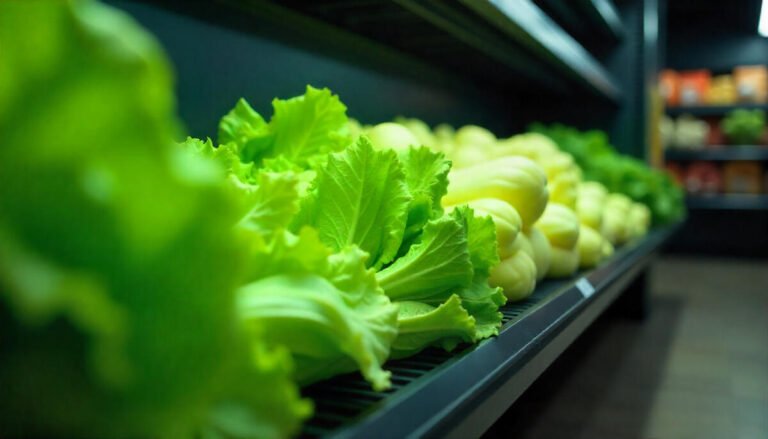
Groceries in Pennsylvania have seen a small price increase since 2024. On average, food prices are 3–5% higher than the national average.
Here’s a rough idea of common grocery costs in 2025:
Milk (1 gallon): $3.60
Bread (1 loaf): $2.50
Eggs (dozen): $3.20
Chicken (1 lb): $4.50
Rice (1 lb): $2.00
If you eat out, expect:
A basic restaurant meal: $15–$20
Mid-range dinner for two: $60–$80
Coffee: $4–$5
- Overall, monthly food spending for one person usually ranges between $400–$600.
Transportation Costs

Transportation costs depend on where you live and whether you own a car.
Gasoline: About $3.30 per gallon
Public transport (monthly pass): $90–$100
Car insurance: $130–$160/month on average
Parking (in cities): $100–$200/month
- If you live in a city like Philadelphia or Pittsburgh, you can use buses, trains, and trolleys instead of owning a car, which helps save money.
Healthcare and Insurance

Healthcare in Pennsylvania is around the national average. Most residents get insurance through their employer.
Average health insurance premium: $475/month (individual plan)
Doctor visit: $110–$150
Dental check-up: $100–$120
- If you want to estimate your personal “living wage” needs, check the MIT Living Wage Calculator – Pennsylvania.
Taxes in Pennsylvania

Pennsylvania has a flat state income tax rate of 3.07%, which is lower than most nearby states.
Sales tax: 6% statewide (some cities add local rates)
Property tax: varies by county but averages 1.5–2% of home value
- So, if you earn $60,000 a year, you’ll pay around $1,840 in state income tax.
Best and Most Affordable Cities to Live in 2025
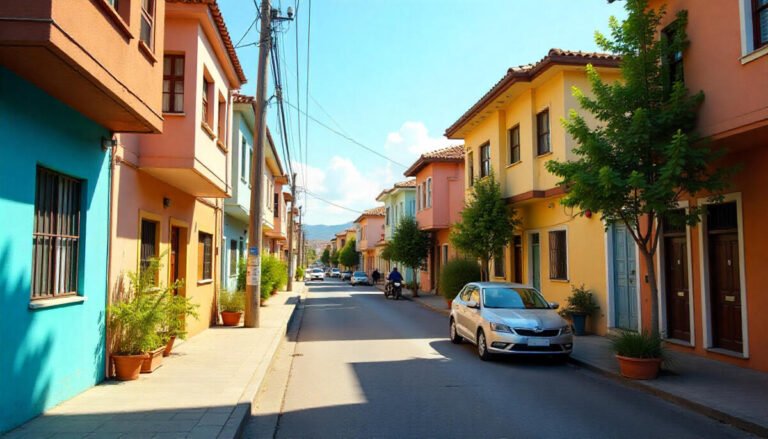
Here are some cities that balance good quality of life with reasonable living costs:
Pittsburgh – Affordable housing, great for students and tech professionals.
Harrisburg – Central location, family-friendly, and lower cost of living.
Lancaster – Great mix of urban and rural life.
Erie – Low housing costs and peaceful lifestyle.
Scranton – Lower rent and plenty of local amenities.
Is Pennsylvania Expensive in 2025?

Overall, Pennsylvania is a moderately affordable state in 2025.
You can live comfortably if you plan well—especially outside the big cities. Housing remains the main factor that affects your budget.
Cheaper than New York and New Jersey
Slightly more expensive than Ohio or West Virginia
Offers a balanced lifestyle for working families, students, and retirees
- If you’re considering a move, use online tools like the RentCafe Cost of Living Calculator to compare your expenses city by city.
Final Thoughts
Pennsylvania remains one of the most balanced states to live in during 2025 — not too expensive, not too cheap, but full of opportunity. Whether you’re moving for a new job, education, or just a change of lifestyle, you can find a city or town that fits your budget.
Housing costs are still manageable compared to neighboring states like New York or New Jersey, while food and utilities are fairly average. If you choose smaller cities such as Harrisburg, Erie, or Lancaster, you can enjoy a comfortable life without overspending.
Frequently Asked Questions (FAQ)
1. Is Pennsylvania expensive to live in 2025?
Not really. The cost of living in Pennsylvania is slightly above the national average, but still cheaper than most nearby states like New York or Maryland.
2. What is the average rent in Pennsylvania in 2025?
The average rent for a one-bedroom apartment is around $1,500–$1,700 per month, depending on the city. Philadelphia is the most expensive, while Erie and Harrisburg are more affordable.
3. How much money do you need to live comfortably in Pennsylvania?
A single person needs about $45,000–$55,000 per year to cover basic living expenses, while a family of four would need around $95,000–$110,000 for a comfortable lifestyle.
4. Which city in Pennsylvania is the most affordable?
Cities like Erie, Johnstown, and Scranton are among the most affordable. They offer lower housing costs and a slower pace of life compared to big cities like Philadelphia.
5. Are utilities and groceries expensive in Pennsylvania?
Utilities can be slightly higher than average, especially in winter. Groceries have gone up a bit since 2024, but overall prices remain reasonable and in line with most U.S. states.

